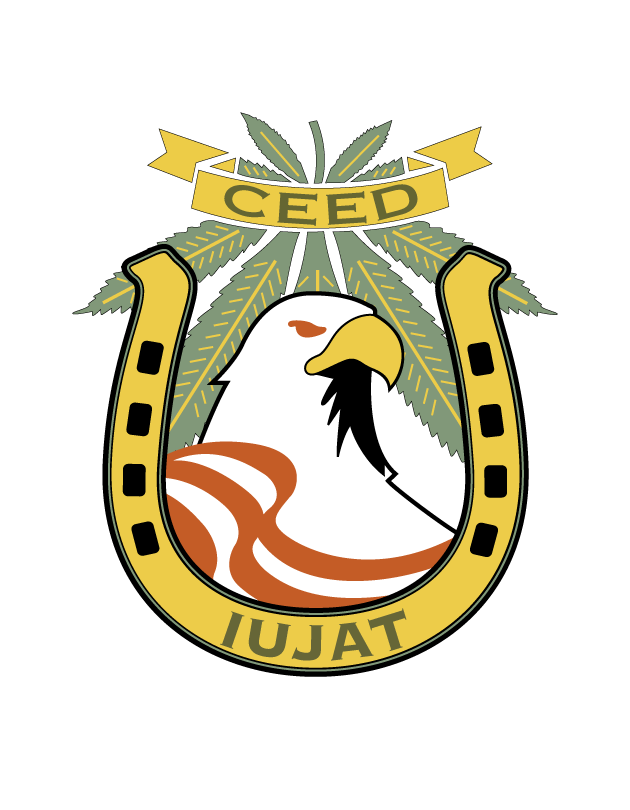
What are unions?
Unions are democracy.
Your vote counts here. Unions embody the true spirit of democracy, where people with common interests can come together and effect real, meaningful change. In a time when many Americans feel their voice is drowned out by the money and influence of special interests, every American still has the chance to exercise real democracy where it matters most: Where we earn our livelihoods.
Many of the most immediate issues that impact our daily work and our quality of life are within the sphere of union activity. Important concerns like job security, wages, health insurance, and retirement are at the heart of achieving financial stability and improving one's quality of life, and union members get to have a say in these and much more.
The process is known as Collective Bargaining. Collective bargaining is when a group of workers negotiate their terms of employment with an employer through a union. These terms often include things like wages, benefits, hours, overtime, leave, health and safety, grievance procedures, and any other concerns that either side may wish to address. This negotiation results in a collective bargaining agreement, which serves as an enforceable labor contract between the union and the employer. Collective bargaining is a very effective way to solve — or prevent — workplace issues, and promote peace and productivity.
A collective bargaining agreement is like an insurance policy for your job — not very different than the insurance policy you buy for your house, car, life, etc.. And it is your job, after all, that provides for those things; why not have a contract — an insurance policy — that protects your employment, as well?
Having a voice.
We all have a stake in the economy and in the future. And most working people share the same basic concerns: they want job security; a voice in their workplace — deciding their wages, hours, and benefits; they want safe working conditions; and they want to be treated with dignity. They want straight talk — about terms and conditions, and about the future — so they can make decisions about their own employment. Workers deserve a way to speak up for their common interests, negotiate the terms of their employment, and, when necessary, to have a system for resolving problems. American workers want democracy in the workplace.
Restoring balance.
Workers must strike a balance between earning a fair wage and ensuring their employer remains profitable; between keeping their jobs and protecting their fringe benefits. But very often today's corporate executives earn many times more than their workers, top management receives bonuses for laying off workers, and companies announce record profits after cutting jobs or reducing employee wages. And what workers want most of all is mutual trust and respect, job security, and a fair share of the prosperity they help create. They simply want the chance to make the American Dream a reality.
Working people don’t always have the voice they need in the workplace or the tools necessary to resolve these issues alone. That’s why unions matter. That’s where we come in.



